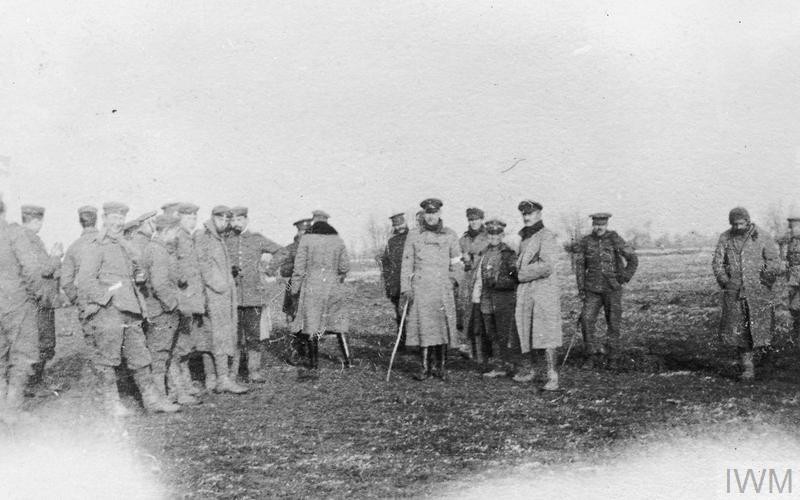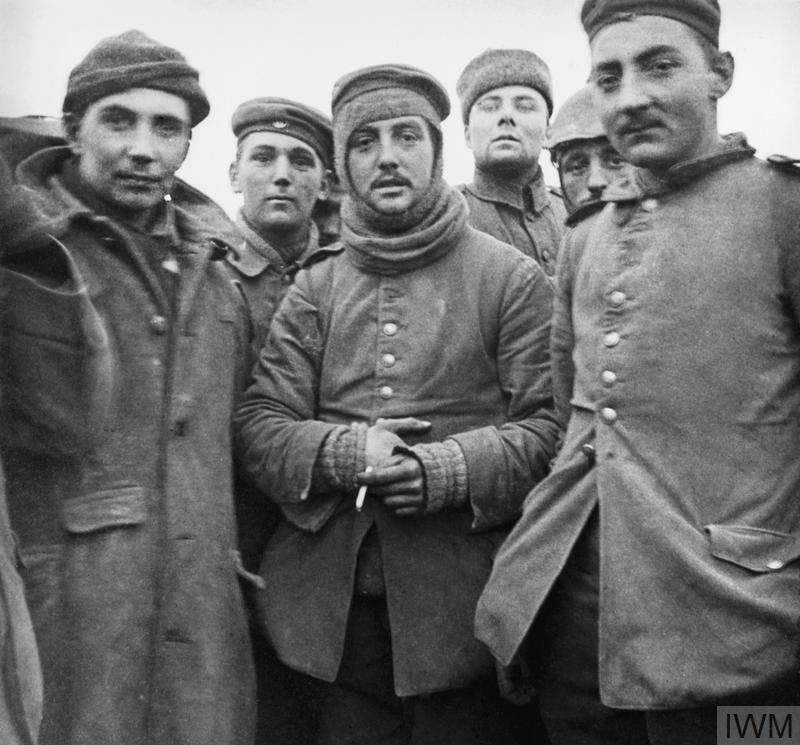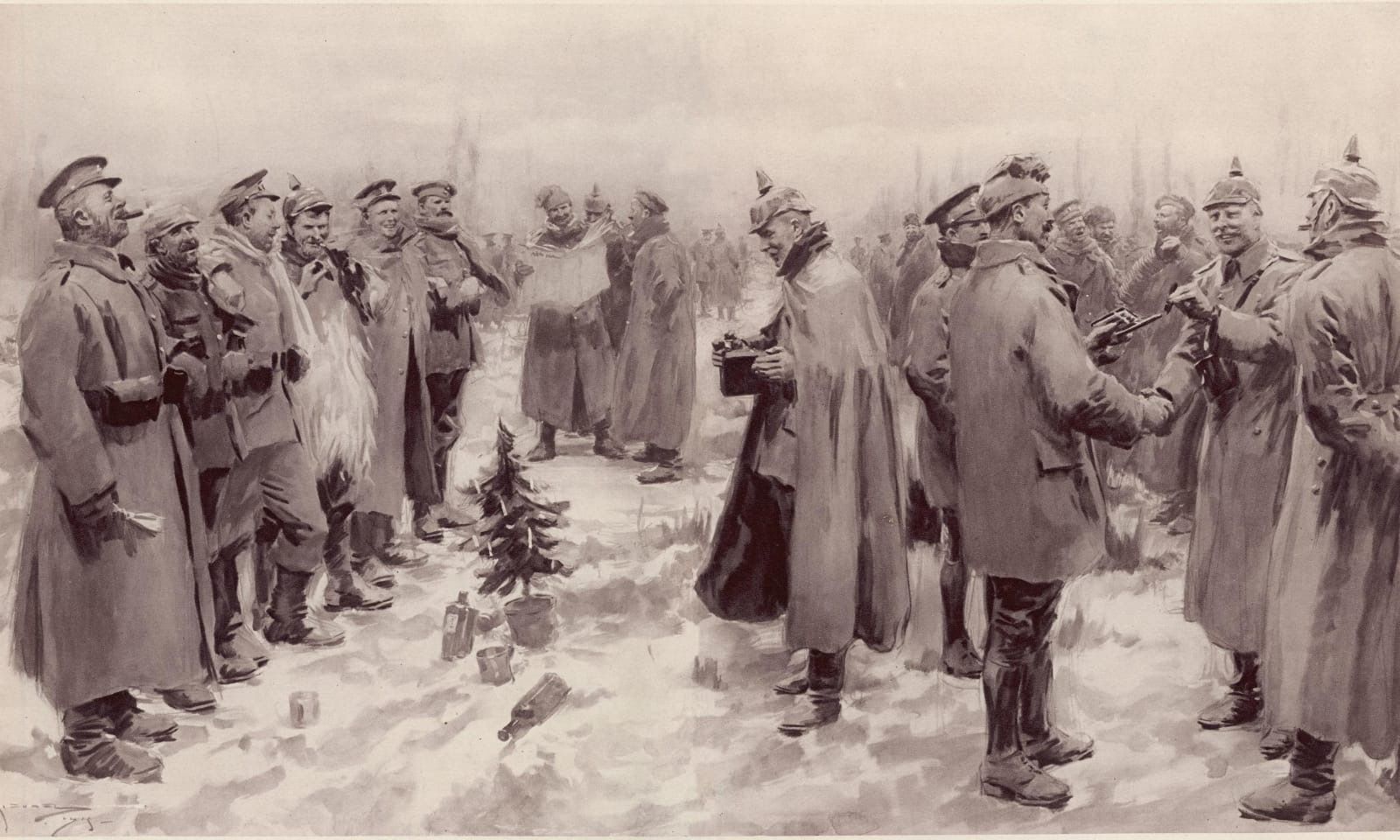Christmas: What’s Important in Your Life?
By Mike Page
It’s not easy being Caesar you know, an emperor.
Even if I wanted to be the good guy, there are still taxes to be brought in—the empire doesn’t run itself. And unfortunately, like the saying goes, you can’t make an omelette without breaking a few eggs! I hate having to threaten people to get the taxes in. Wouldn’t it be great if I just asked and people cheerfully gave? But no! You have to threaten to break a few heads to get anything done. I’d really like to be a better person, but circumstances just won’t let me. Still, it could be worse I suppose. I could have been Herod, and you all know what he had to do to keep his seat on the throne!
I think there’s an element of that in all of us. We may not be as evil as a tax-gathering emperor or a king who was prepared to commit mass infanticide to maintain his power base. But even today, or even especially today, you don’t have to look far to find people who appear to be genuinely evil. But don’t we all wish at times that we would like to be better people? Better versions of ourselves that weren’t conditioned by our pasts or constrained by our roles.
Sometimes, it would be nice to have a complete make-over (that’s a factory reset to you, gents). Or just be a better version of ourselves, one without all of the baggage that we’ve accumulated over the years. A version that wasn’t pushed by career or family into expectations that pressure us into doing things that we know aren’t good for us.
Well you know what? We’re not alone. About 102 years ago, there were two groups of men that found themselves in a desperate situation, forced by circumstances into a conflict that they didn’t really want to be a part of. It’s called The Christmas Truce of 1914.
 This is from an article in the Telegraph two years ago:
This is from an article in the Telegraph two years ago:
“The Christmas Truce of 1914, with its famous football match, is one event from World War I that almost everyone knows about. The truce was, first and foremost, an act of rebellion against authority. The British High Command, alarmed that the holiday might inspire goodwill, issued a stern order against fraternisation. Officers were warned that yuletide benevolence might ‘destroy the offensive spirit in all ranks.’” Christmas, in other words, was to be a killing time.
The Germans, however, were stubbornly festive. In an effort to bolster morale, truckloads of Christmas trees were sent to the Kaiser’s forces. All along the line, Germans were acting in a bizarrely peaceful fashion. Guns fell silent. Candles and lanterns taunted British snipers. Late on Christmas Eve, Germans singing “Stille Nacht” echoed across no man’s land. The British, initially perplexed, soon joined in. Then came shouted messages—in English—from the German trenches. “Tomorrow is Christmas; if you don’t fight, we won’t.”
Dawn usually brought a chorus of rifle and artillery fire. On Christmas Day, however, an eerie quiet persisted, as if the war itself had evaporated. As the sun rose, the Germans called to the British to meet them in no man’s land. The latter at first suspected a devious plan for yuletide slaughter, but suspicion soon gave way to trust.
“It was one of the most curious Christmas Days we are ever likely to see,” wrote Captain Stockwell of the Royal Welsh Fusiliers. Intent on obeying orders, he tried desperately to ignore German good cheer. But then, around midday, his sergeant reported that Germans were standing on their parapet, unarmed and in full view. “Permission to shoot them, sir,” the sergeant asked. Stockwell was troubled: “The Saxons were shouting, ‘Don’t shoot. We don’t want to fight today. We will send you some beer.’ My men were getting a bit excited.”
In an attempt to assert control, Stockwell shouted that he wanted a chat with his German opposite number. An officer emerged and walked across no man’s land. Stockwell met him halfway. He told the German that he was not allowed to fraternise and warned that his men might open fire at any moment. The German responded: “My orders are the same as yours, but could we not have a truce from shooting today? We don’t want to shoot, do you?”
After much discussion, the two agreed not to fight until the following morning. As Stockwell turned toward his trench, the German called out: ‘“You had better take the beer. We have lots.” In response, Stockwell gave the German a plum pudding. For the rest of the day, not a shot was fired.”
Hundreds of soldiers subsequently recalled meeting their enemies, shaking hands, singing songs, exchanging presents. “We were with them about an hour and everybody was bursting laughing,” wrote one private.
Fraternisation led inevitably to football. Men who could not otherwise communicate shared a common language in the game. “After a short while somebody punted across a football,” one subaltern recalled. “The ball landed amongst the Germans and they immediately kicked it back at our men … it was a melêe. It wasn’t a question of 10-a-side, it was a question of 70 Germans against 50 Englishmen.” That scenario was repeated all along the line.
Under Orders
 The soldiers of WWI were confined by orders to fight the enemy, be they German or British. They were forced by their circumstances to do things that they knew were wrong. For one day they had the freedom to break out of their circumstances and be the men that they wanted to be deep inside. It was a one-off opportunity.
The soldiers of WWI were confined by orders to fight the enemy, be they German or British. They were forced by their circumstances to do things that they knew were wrong. For one day they had the freedom to break out of their circumstances and be the men that they wanted to be deep inside. It was a one-off opportunity.
Days later, news of the Christmas Day Truce had hit the press and the powers that be on both sides did everything they could to make sure that something like this couldn’t happen again. General Haig signed orders that soldiers caught fraternising with the enemy would face a firing squad.
We’re not in the army.
We’re not under orders to fight our brothers and sisters. But, sometimes, it feels like life is trying to press us into its mold. To cut corners that we know shouldn’t be cut. To persuade us that so-and-so is an enemy when really they’re just a fellow human being with their own struggles. Sometimes, we just want to be free to be the people that we feel we ought to be—if there just wasn’t all this stuff in the way.
Or, perhaps, something has happened to you or even been done to you that has had such a profound effect on you that it shapes the way you act even years later.
Jesus tells us that he came so that we could have life in abundance. He didn’t come to condemn us, but to set us free from all this stuff so that we’re free to be the people that we were originally intended to be. Free to be the best versions of ourselves. He never wanted us to be caught up in all of this, he wants us to be free to be in a relationship with God, because that’s the most abundant life there is!
And he didn’t come with the pomp and glory that the King of the Universe rightly deserves. He came as a babe in a barn. The most humble act that the world had ever seen—God, born as a baby in a grubby stable to ordinary folk. It’s so big that we can’t get our heads round it.
But the really incredible bit was yet to come. He didn’t just come to be our Example and Teacher, but to die in our place so that we can receive God’s forgiveness so that we can be set right with God once and for all. And there’s nothing better in life than being right with God.
It works like this; if we make Jesus the most important thing in our lives, then the rest of this stuff becomes less important. If following him takes precedence in our hearts, then being right, being hurt, being rich, being successful, being famous, being respected, holding that grudge, following orders not only becomes less important, but the consequences for not reaching those goals no longer matter. Being in a family with our Heavenly Father changes our perspective of what’s important in life. There will always be a battle between what the world thinks is important and what God thinks is important. But being on God’s side gives us the security that we need to to be free make the right choices, if we only want to.
The soldiers in WWI were free for a day to be the human beings that they wanted to be. The next day the generals cracked down. There’s no crackdown with Jesus. If we give our lives to him, we’ll always be free.
Wilbur Rees, with tongue-in-cheek, said: “Give me $3 worth of Jesus please, not enough to explode my soul or disturb my sleep, but just enough to equal a cup of warm milk or a snooze in the sunshine. I want ecstasy, not transformation; I want the warmth of the womb, not new birth. I want a pound of the eternal in a paper sack. I’d like to buy $3 worth of Jesus, please.”
This Christmas, don’t settle! Don’t settle for $3 worth of Jesus. Let him explode your soul and disturb your sleep. Let him awaken you to life! Let his love begin to shape every thought, every decision, every action, every relationship. Seek more than ecstasy; seek transformation.”
God loved the world so much that he gave his one and only Son, that whoever believes in him shall not perish but have eternal life. -John 3:16
Merry Christmas!
Photo credit: A. C. Michael – The Guardian [2] / [3] Originally published in The Illustrated London News, January 9, 1915.







